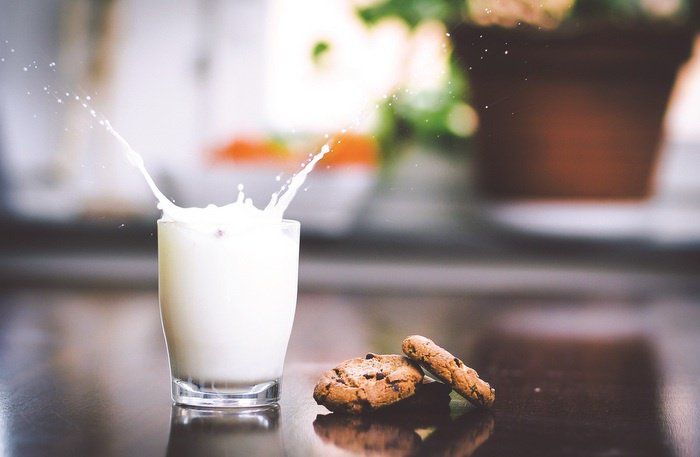Excuse Buster: Got milk? Need milk?

PHUKET: ‘Milk is good for everyone’ is a common statement from all government bodies around the world. However, most humans have never tasted fresh milk from any source other than their mothers for almost all of human history.
According to the United States National Institute of Health, more than 65 per cent of the human population has a reduced ability to digest lactose after infancy. Lactose intolerance in adulthood is most prevalent in Asians, affecting more than 90 per cent of adults in some of these communities.
Lactose intolerance is a condition in which a person lacks the enzyme to break down the sugar found in milk for proper digestion. Those with lactose intolerance, as well as those who have issues with the milk protein casein, often experience gastrointestinal problems like bloating, flatulence or diarrhea when consuming milk products.
Skin conditions like Eczema and Psoriasis are also common symptoms of intolerance. For clients who are suffering from gastro-intestinal and skin issues, I recommend eliminating dairy for one month then re-introducing it to them, in order to check for reactions.
Therefore most of the population, excluding those of European descent, is ‘lactose intolerant’ or ‘lactase deficient’. So why is there this big ‘Got Milk’ push for everyone when most of the world’s population has some degree of lactose intolerance?
According to the Physician’s Committee for Responsible Medicine, ‘there is no reason for people with lactose intolerance to drink milk. Indeed, milk does not offer any nutrients that cannot be found in a healthier form in other foods. Surprisingly, milk-drinking does not even appear to prevent osteoporosis, its major selling point’.
In reality, the keys to bone strength are lifelong exercise, Vitamin D from sunshine and a low inflammatory diet – which mostly means plenty of vegetables; high in good fats; and moderate amounts of protein, like seafood, while reducing sugar, processed foods, refined grains and possibly dairy.
More good reasons to regularly eat fish, vegetables, seeds, nuts and fruits.
Craig Burton is a Certified Sports Nutritionist (CISSN) with a Bachelor of Science degree (Sports Science) and a National Academy of Sports Medicine (PES) certification.
— Craig Burton
Latest Thailand News
Follow The Thaiger on Google News:


























